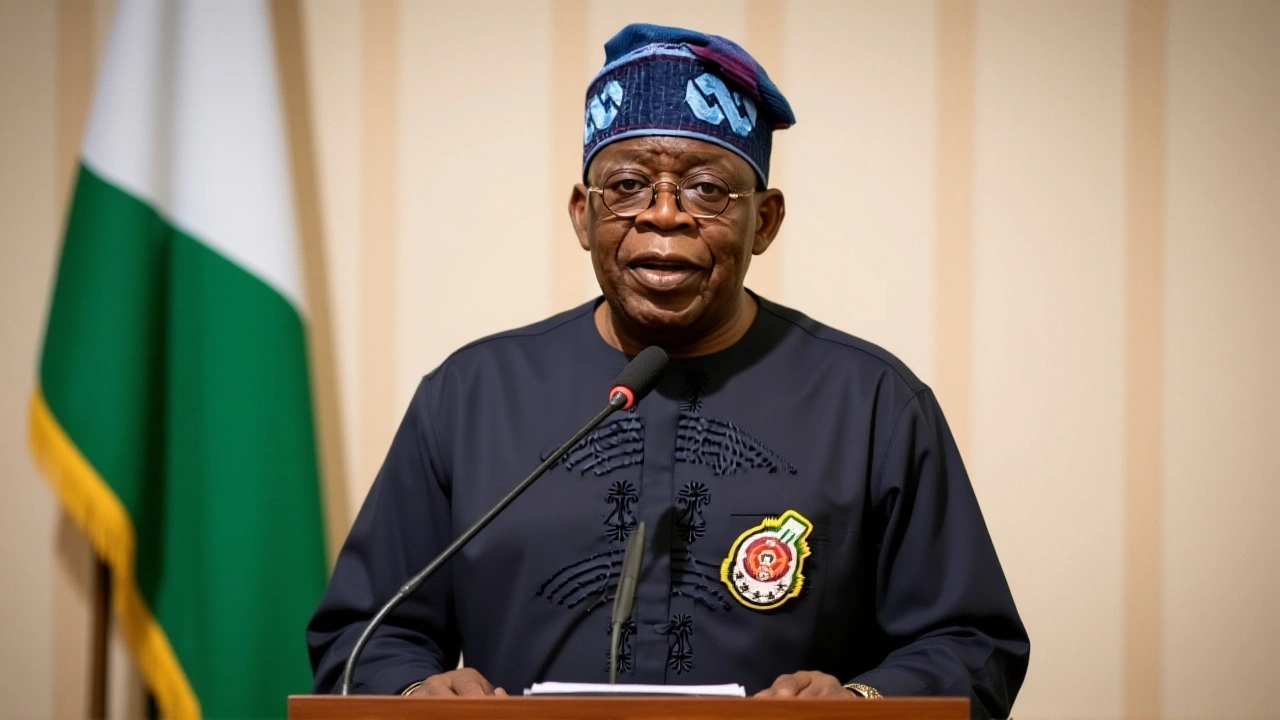Lagos – The Pulse of Nigeria’s Economic and Cultural Life
When talking about Lagos, the largest city in Nigeria and a major African economic engine. Also known as Eko, it sits on the Atlantic coast and blends historic districts with towering skyscrapers.
Lagos lives at the crossroads of Nigeria, the West African nation that houses the city and a dynamic Economy, driven by finance, tech, oil, and entertainment. The city’s GDP rivals that of many countries, and its stock exchange is a key player on the continent. Because of this, investors often ask: how does Lagos sustain such rapid growth?
Answering that question means looking at the Infrastructure, the transport, power, and digital networks that keep the city moving. From the bustling Apapa port to the expanding Lagos Light Rail, each project reshapes daily life. Poor roads still cause headaches, but new expressways and bridges are cutting travel times dramatically. Strong infrastructure is the backbone that lets the Lagos business hub thrive.
Culture, Creativity, and Lifestyle
The city’s Culture, a mix of music, food, fashion, and art that reflects over 20 ethnic groups fuels both tourism and the creative economy. Afrobeat legend Fela Kuti’s legacy lives on in clubs across Victoria Island, while Nollywood film studios pump out thousands of movies each year. Food lovers can wander from pepper‑spiced suya stalls to upscale restaurants serving global cuisine. This cultural richness makes Lagos a magnet for young talent and tourists alike.
Tourism, while historically overshadowed by business travel, is on the rise. Visitors flock to the historic National Museum, the vibrant Lekki Conservation Centre, and the beachside allure of Tarkwa Bay. The city’s hospitality sector is expanding fast, with new hotels targeting both business delegates and leisure seekers. Tourism revenue feeds back into local economies, supporting small businesses and preserving cultural landmarks.
Finance is another pillar holding up the city’s growth. Lagos houses the Nigerian Stock Exchange, major banks, and a burgeoning fintech scene that’s attracting global venture capital. Startups are building mobile payment platforms, crypto exchanges, and digital lending solutions tailored for African markets. This financial ecosystem not only creates jobs but also encourages financial inclusion across the country.
Education and research also play a crucial role. Universities such as the University of Lagos and several private institutions supply a steady stream of engineers, marketers, and data scientists. Partnerships with international tech hubs bring cutting‑edge training to local talent, ensuring the city stays competitive in the digital age.
Challenges remain, though. Housing shortages, traffic congestion, and occasional power outages test residents’ patience. The government’s recent housing projects and renewable energy initiatives aim to address these pain points. Community groups are active in clean‑up drives and green space creation, proving that civic engagement is strong.
All these threads—economy, infrastructure, culture, finance, tourism, and education—interweave to form the fabric of Lagos. Below, you’ll find a collection of recent stories that dive deeper into specific events, analyses, and updates shaping the city today. Whether you’re a business leader, a traveler, or just curious about Africa’s most dynamic metropolis, the articles ahead offer practical insights and fresh perspectives.

